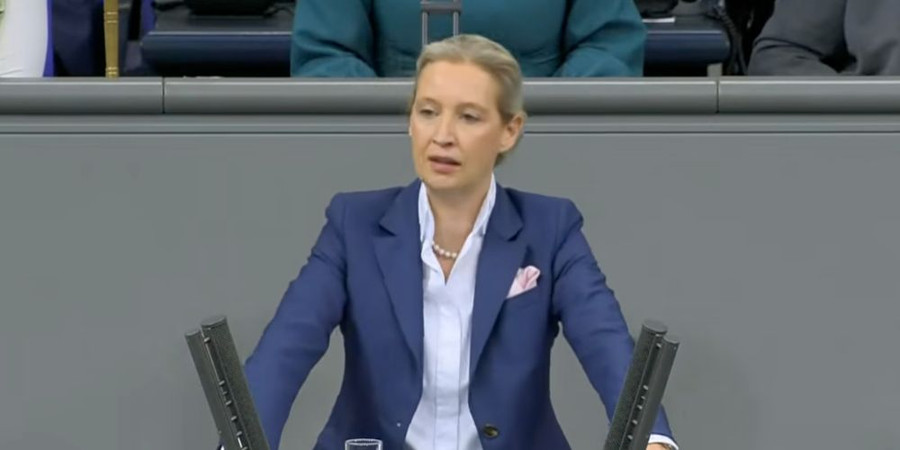The Biden administration has made several attempts to address the issue of student loan forgiveness, with mixed success. Earlier this year, President Biden’s effort to cancel hundreds of millions of dollars in student loans was deemed unconstitutional by the Supreme Court. However, the administration is now taking a different approach, allowing certain individuals to claim student loan forgiveness under specific circumstances.
One such circumstance is the Borrower Defense Loan Discharge, which applies when there is evidence that a university “misled or lied to students about something central to their decision to enroll.” This criterion was found to be met in the case of students who attended the University of Phoenix.
The Department of Education determined that the university’s advertising campaigns were misleading, as they falsely claimed that attending the school would significantly improve students’ job prospects due to its partnerships with numerous corporations.
The loan cancellation will benefit over 1,200 students, relieving them of nearly $37 million in student debt.
Richard Cordray, the federal student aid chief operating officer, condemned the University of Phoenix’s deceptive practices, stating, “The University of Phoenix brazenly deceived prospective students with false ads to get them to enroll. Students who trusted the school and wanted to better their lives through education ended up with mounds of debt and useless degrees.”
While the University of Phoenix was determined to have misled students, many fiscally conservative individuals are skeptical that the Education Department’s criteria to receive student loan relief can be broadly used in the future to achieve its end goal of cancellation for all. In other forms of litigation, when a company is found to have “misled” or committed fraud toward its consumers, it is the company that has to pay retribution. But in this case, it is the federal government that is paying the bill.
This piece first appeared at TPUSA.





